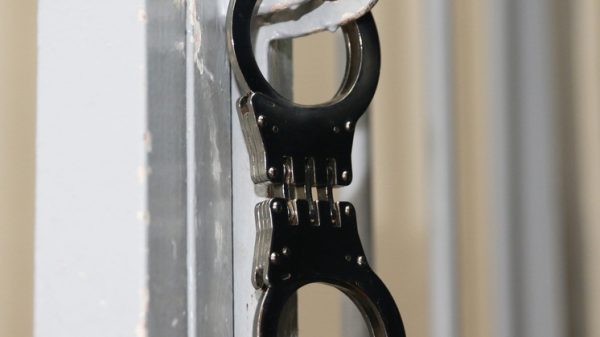 2021 anti-LTN demonstrations in Ealing, west London funded by public money as Downing Street promises to end motorist war.
2021 anti-LTN demonstrations in Ealing, west London funded by public money as Downing Street promises to end motorist war.
Mark Harper, secretary of transport, has withdrawn funding from all car-free zone projects.
The move means councils will now have to find their own money if they want to install controversial schemes.
Conservative MPs hailed the decision as a welcome change in the government's approach and said it could turn the tide of new LTN construction.
On Friday, Mr Harper announced £200m to fund projects to encourage more people to walk and bike to and from work and school.
The money will go towards funding 265 schemes in 60 regions of the country that will make travel safer for cyclists and pedestrians, and improve life on main streets.
Ministers said the funding «will not include any low-traffic neighborhood schemes» and will only be used for projects that «benefit the community as a whole.»
The Telegraph reported that the new criteria introduced by Mr. Harper means LTNs will not qualify for future central government funding.
A Whitehall source said: local residents and should give people more choice, not bans.
«Pro-walking and cycling should not mean against driving.»
Mr Harper said the government wants to «make sure everyone across the country can choose cheaper, greener and healthier travel while we continue to support our local businesses and grow the economy.»
LTN is meant to close most of the side roads in an area to cars and is cited as a way to reduce pollution and make cycling and walking safer.
They are guarded by blocking the streets with planters or poles or with cameras, and drivers face fines for driving on them.
Their use has increased dramatically during the pandemic, with 72 deployed in areas of London where 300,000 people live new schemes. people.
The schemes are strongly defended by Sadiq Khan, the mayor of London, who is accused of having a relentless anti-car policy.
LTN critics say they are moving traffic to main roads, not reducing it , increasing congestion and leading to more air pollution.
They also warn that traffic bans in certain areas are destroying local businesses, including shops.
'These disruptive schemes are ruining our main street'There has been an exodus in Haringey, north London businesses from Main Street after the car-free zone «changed business models overnight.»
Teresa Villiers, Conservative MP for Chipping Barnet, said: «I'm very pleased hear the news about the government's change in approach to LTN.»
“These very destructive schemes have damaged the transport network in London. They are toxic to our downtown streets, which are already struggling.
“Now we will no longer see the central government funding them, we must see what steps we can take to encourage the councils to start removing them.
Paul Scully, who is running for the Conservatives in the next London mayoral election, said he would give residents more options to block the schemes.
Last month, Transport for London was forced to admit that LTNs may cause more congestion and slower travel times for buses in the capital.
Schemes have also been introduced in cities outside the capital including Doncaster, Sheffield, York. and Bath.
Norfolk County Council also said this week that it is looking into building them around the county.
Local authorities have removed LTNs in some areas, including in Croydon, where many residents openly opposed these schemes.

























































Свежие комментарии